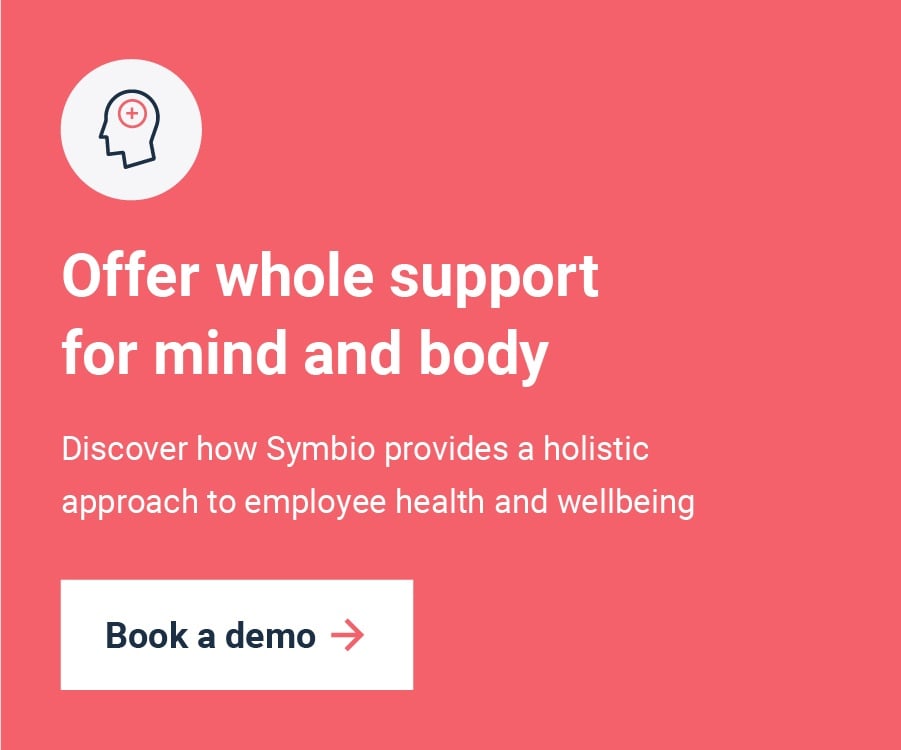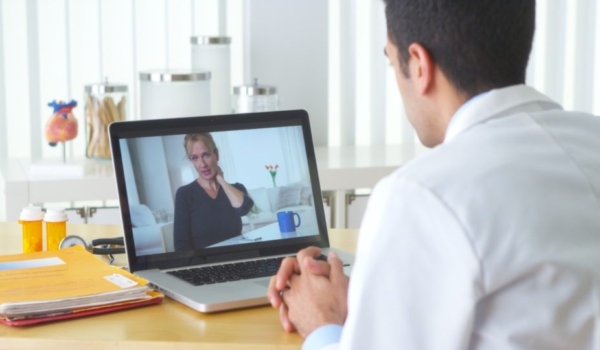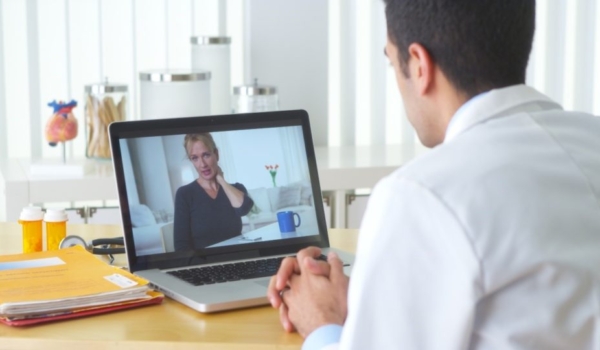NHS news stories may have temporarily fallen to background chatter while Brexit uncertainty and the appointment of a new Prime Minister and cabinet continue to grab the headlines. However, you don’t need to look hard to see the widespread crisis in the NHS impacting millions of lives, with the gaps in care being felt more keenly than ever. The ability to access prompt medical intervention is among the most significant challenges to face the UK population.
The GP appointment crisis
A cocktail of an ageing demographic, poor lifestyle, limitations on public funding and clinician shortage is consuming the NHS, forcing an increase in waiting times. With 90% of NHS activity going through primary care, GPs, as the gatekeepers of this care, are in the middle of what has become a perfect storm of challenges. Chief Executive of the NHS Simon Stevens acknowledged this when he said that general practice is the bedrock of healthcare and the NHS will fail if general practice fails.
The number of patients registered to each GP in some areas has risen by almost a third in two years. GPs had an average of 2,187 patients at the end of December, up from 2,068 in December 2016 according to recent NHS data . In Swale, Kent, the increase was 31 per cent.
The figures, which exclude trainees and locums, also show that the NHS lost almost 900 full-time GPs in the same period.
It’s no wonder then that almost a third (32.3%) of the UK population now wait a week to see an NHS GP, a record high. The NHS England GP Patient Survey (July 2019) also found that 32% of patients are even struggling to reach their GP on the phone. Unsurprisingly, 43% of patients did not get an appointment at the time they wanted, and at 9.2 minutes, the average length of consultation is too short according to the Royal College of General Practitioners.
An opportunity to build engagement
The ‘E’ word. It’s usually linked to value and has become a major theme across sector conferences, trade media and industry reports. What it boils down to is that insurance companies need to build positive engagement with consumers. According to a recent poll, more than half (56%) of advisers felt their clients do not believe products are relevant to their everyday lives.
From improved loyalty to increasing the uptake of insurance policies, it all begins with establishing greater value to consumers, and building value rarely comes from a static position. Insurance companies now have a unique opportunity to become closer to the consumer by adding relevant value-added services that tangibly impact consumers’ lives by addressing a significant challenge they face.
One such service is remote private GP services, which offer 24/7 access to GPs over the phone or via video consultation through a web app. Remote private GP services have increased in profile over the last few years, largely due to having a high perceived value across a wide demographic at a time when access to public primary care has reduced. According to the BMJ, 50% of GP consultations can be handled remotely and at HealthHero 80%-90% of consultations result in a conclusive outcome.
The best value-added services should focus on prevention just as much as they do on cure. This is especially important as the cases of preventable chronic conditions, otherwise known as ‘lifestyle diseases’, are becoming commonplace. Patients with chronic conditions are heavy users of NHS primary care services – 15 million people take up 70% of the budget and consume 50% of GP appointments. Providing customers with easily accessible support services and relevant, validated health information, can help mitigate the risk of conditions deteriorating and reduce the number of claims for preventable conditions.
Quick access to a GP appointment is not just a value-added service it’s an essential need and it’s clear that giving individuals and organisations better access to primary care is crucially important. Remote GP services provide insurers with a way to engage with customers, improve their health and reduce the chances of them making a claim, while relieving the burden on the NHS at the same time. It’s a win-win for everyone.





